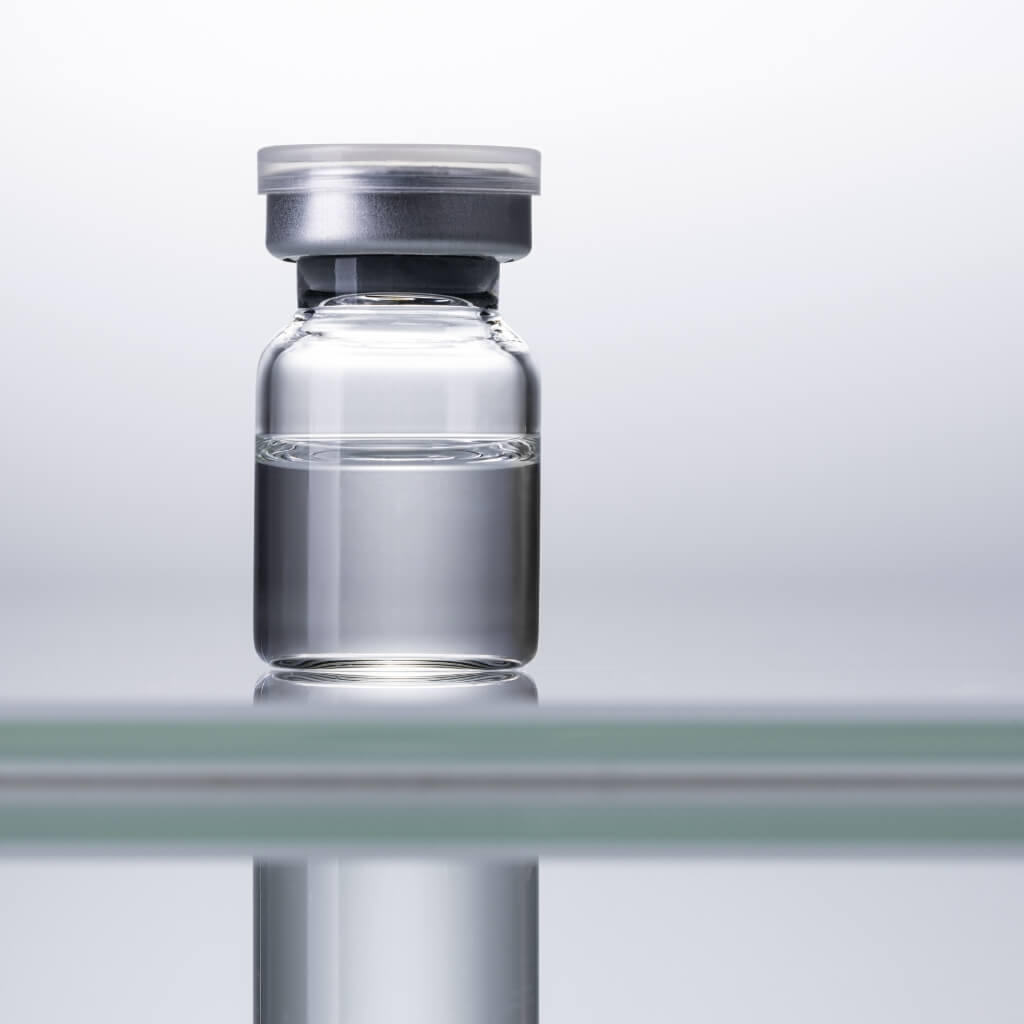Chimeric Antigen Receptor T Cell Therapy (CAR-T): Genetically programmed immune cell binds to and destroys cancer cell / Therapy is now available for the majority of indications
29. June 2022 • Digital Health
29. June 2022 • Digital Health
Causal treatment of organ fibrosis – a pathological proliferation of connective tissue, for instance in the lungs, heart or liver – has been almost impossible up until now. In the FibroPaths® project, four Fraunhofer Institutes: Fraunhofer Institute for Toxicology and Experimental Medicine ITEM, Fraunhofer Institute for Digital Medicine MEVIS, Fraunhofer Institute for Material and Beam Technology IWS and Fraunhofer IMW have joined forces to facilitate preclinical testing of antifibrotic drugs and consequently the development of fibrosis medication by developing a biochip
Organ fibrosis can be triggered by various factors, such as an infection, autoimmune disease, ischemia, exposure to toxic substances, or pro-fibrotic metabolic disorders. They usually develop in a long-term process. Another problem is that findings from animal models are difficult to transfer to real fibrotic events in humans.
The aim of the joint Fraunhofer project FibroPaths® is to develop a new preclinical test system for antifibrotic drug development. The basis of the test system will be a standardized, automated biochip containing human tissue, which resembles the actual situation in humans much more. This will allow to bypass animal testing. In addition, the project will perform comprehensive functional and molecular data analyses using methods supported by artificial intelligence and build a database.
As part of the project, Fraunhofer IMW is conducting
for the biochip.

cell-immune-gene-therapies
Small glas bottle which is normally used to store vaccine
Chimeric Antigen Receptor T Cell Therapy (CAR-T): Genetically programmed immune cell binds to and destroys cancer cell / Therapy is now available for the majority of indications

digital-health
Human who looks onto a recording of brainwaves on his tablet computer and moves the model with his fingers
The Smart Infrastructure Hub Leipzig will receive a further 1,9 million euros from the cluster funding of the Saxon Ministry of Economic Affairs.

cell-immune-gene-therapies
Small glas bottle which is normally used to store vaccine
A relatively small metropolis in Germany’s Free State of Saxony – a dynamic hub for the life science industry? What was just a vision 20 years ago has become a reality for the city of Leipzig, which from October 24-26 co-hosted BIO-Europe, Europe’s largest annual biotech partnering event.

services
Woman who looks at something through a microscope while another woman ist watching her
The European Commission has approved the Saxon ERDF/JTF program for the funding period 2021 to 2027.